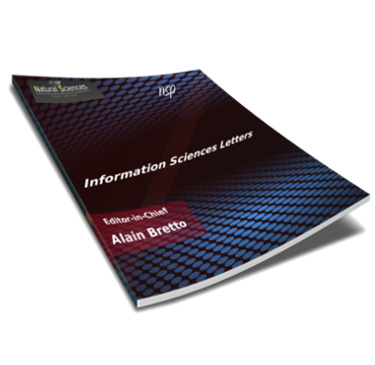
Information Sciences Letters
Abstract
In recent years, as a result of both research discoveries in the fields of foreign language acquisition and learning, the concept of teaching and learning has undergone a significant transformation. English for Specific Purposes (ESP) is a learner-centered approach to teaching English as a foreign language that emphasizes developing communicative proficiency in niche industries such agronomy, commerce, academia, accountancy, education, engineering, and information technology. This concept of English-for-Teaching" as a restricted form of ESP for the classroom builds on the knowledge that instructors already have about teaching while also introducing and validating specific classroom terminology. When students interact and cooperate with one another, ESP practice emerges naturally in a language learning setting. Two major aspects that ESP highlights are the growth of dialogical interaction and the establishment of ecologically complete learning environments. In this essay, we create an ESP to aid students in the development of their critical thinking (CT) abilities in written output. We combine the Synergy model, Brain-based learning, and the Flipped Classroom models to create an ESP environment. Students CT abilities and academic success served as the studys criteria. The Course Satisfaction Questionnaire and placement exams were used to obtain the statistical data. Using the Cronbach Alpha coefficient (CAC) and Spearman correlation coefficient, the test on CT data was interpreted, and the combined data was examined using SPSS (V 26.0). By immersing students in problem-solving- based learning (PBL), this paradigm helps students develop their CT skills. It also helps students achieve academically by elevating their sense of accountability for learning outcomes and promoting the use of a variety of learning strategies.
Recommended Citation
Hassan, A.; Alawawda, M.; Alzahrani, F.; and Naz, N.
(2023)
"Developing an ESP-Based Language Learning Environment to Help Students Improve Critical Thinking Skills in Written Output,"
Information Sciences Letters: Vol. 12
:
Iss.
4
, PP -.
Available at:
https://digitalcommons.aaru.edu.jo/isl/vol12/iss4/31

